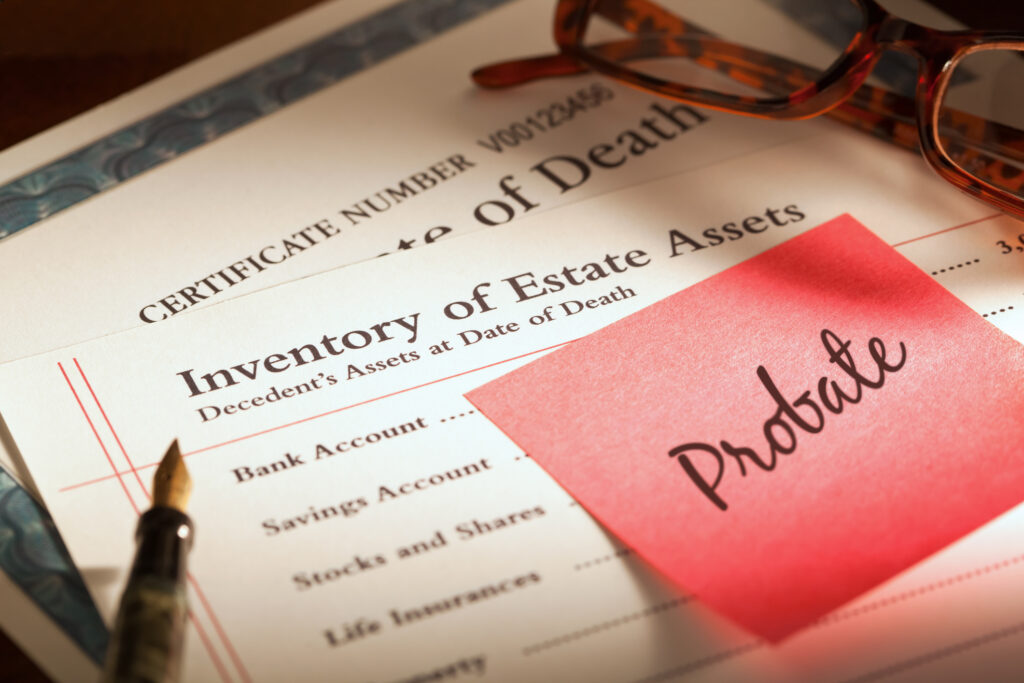Probate can be a daunting process for families dealing with the loss of a loved one. One of the most common concerns that arise during this time is the cost associated with probate. Understanding the factors that contribute to these expenses can help families prepare for the financial implications of settling an estate, and further reiterate upon our other blogs about the importance of estate planning early on.
Factors Contributing to Probate Costs
- Court Fees:
- Filing Fees: Most jurisdictions require filing fees to submit documents to the probate court.
- Additional Required Charges: There may be additional fees for things like appointing a personal representative or obtaining certified copies of documents.
- Attorney Fees:
- Hourly Rates: Many probate attorneys charge hourly rates, which can vary significantly based on experience and location. Depending on the complexity of the estate, legal fees can accumulate rapidly.
- Percentage Fees: In some cases, attorneys may charge a percentage of the estate’s value, leading to substantial costs, especially for larger estates.
- Executor Compensation:
- Fees for Executors: Executors, or personal representatives, are entitled to compensation for their time and efforts in managing the estate. These fees can be set by state law, contract, or determined by the court, adding to overall costs.
- Fees for Executors: Executors, or personal representatives, are entitled to compensation for their time and efforts in managing the estate. These fees can be set by state law, contract, or determined by the court, adding to overall costs.
- Appraisal and Valuation Costs:
- Asset Valuation: Certain assets may require appraisals to determine their fair market value. This is especially true for real estate, collectibles, or business interests, which can involve significant fees.
- Ongoing Costs: Maintaining or managing assets during the probate process may incur additional costs, such as property maintenance or insurance.
- Debts and Taxes:
- Settling Debts: Before assets can be distributed, the estate must settle any outstanding debts and obligations, which can include mortgages, loans, and credit card debts.
- Tax Implications: Estates may also be subject to estate taxes, inheritance taxes, or income taxes on assets, depending on the jurisdiction and value of the estate.
- Time and Delays:
- Length of Process: The probate process can take months or even years, resulting in ongoing costs related to legal fees and asset management during that time.
- Disputes Among Heirs: If there are disputes among heirs or challenges to the will, legal battles can further escalate costs and prolong the probate process.
Conclusion
The costs associated with probate can be significant, often adding financial strain during an already difficult time. The best way to address probate is to begin planning as early as possible. Start your Estate Plan Today.
To navigate the complexities of estate planning, consider seeking assistance from professionals who can provide guidance tailored to your specific situation. At Modern Law, we specialize in estate planning, helping families protect their legacies and streamline the process. Contact us at 417-200-2500 to schedule a consultation in Joplin or Springfield, Missouri.
Written by Jacob Adamson
Jacob Adamson is an attorney at Modern Business & Estate Planning Law, LLC, dedicated to helping clients understand the intricacies of estate planning to ensure their wishes are honored and their families are supported.

